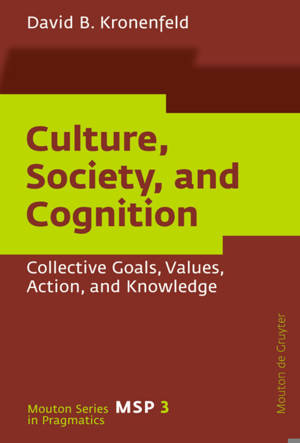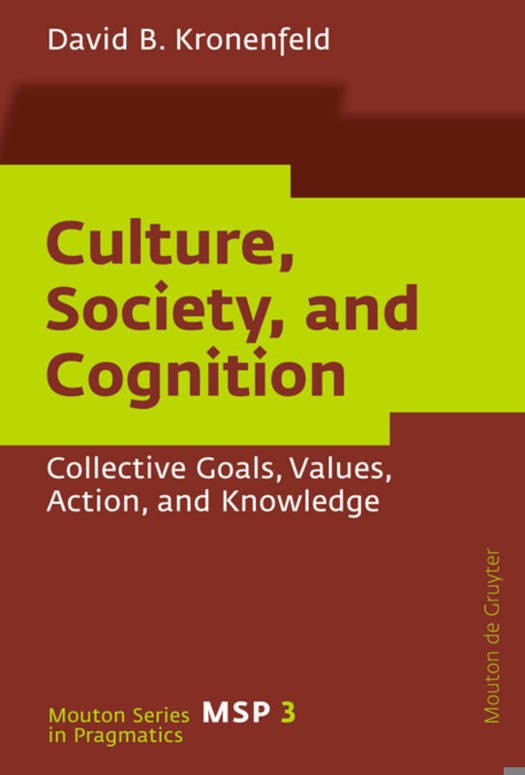
- Afhalen na 1 uur in een winkel met voorraad
- Gratis thuislevering in België vanaf € 30
- Ruim aanbod met 7 miljoen producten
- Afhalen na 1 uur in een winkel met voorraad
- Gratis thuislevering in België vanaf € 30
- Ruim aanbod met 7 miljoen producten
Zoeken
€ 182,45
+ 364 punten
Omschrijving
This theoretically motivated approach to pragmatics (vs. semantics) produces a radically new view of culture and its role vis-a-vis society. Understanding what words mean in use requires an open-ended recourse to pragmatic cultural knowledge. Cultural knowledge makes up a productive conceptual system. Members of a cultural community share the system but not all of the system's content, making culture a system of parallel distributed cognition. This book presents such a system, and then elaborates a version of "cultural models" that relates actions to goals, values, emotional content, and context, and that allows both systematic generative capacity and systematic variation across cultural and subcultural groups. Such models are offered as the basic units of cultural action. Culture thus conceived is shown as a tool that people use rather than as something deeply internalized in their psyches.
Specificaties
Betrokkenen
- Auteur(s):
- Uitgeverij:
Inhoud
- Aantal bladzijden:
- 291
- Taal:
- Engels
- Reeks:
- Reeksnummer:
- nr. 3
Eigenschappen
- Productcode (EAN):
- 9783110206074
- Verschijningsdatum:
- 20/10/2008
- Uitvoering:
- Hardcover
- Formaat:
- Genaaid
- Afmetingen:
- 163 mm x 234 mm
- Gewicht:
- 521 g

Alleen bij Standaard Boekhandel
+ 364 punten op je klantenkaart van Standaard Boekhandel
Beoordelingen
We publiceren alleen reviews die voldoen aan de voorwaarden voor reviews. Bekijk onze voorwaarden voor reviews.











